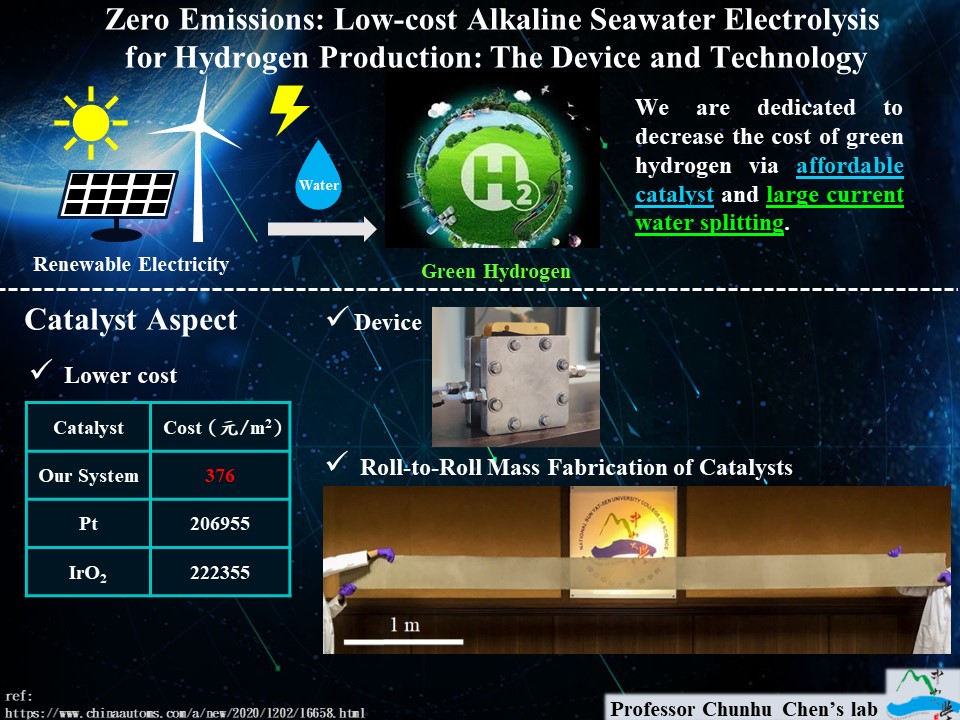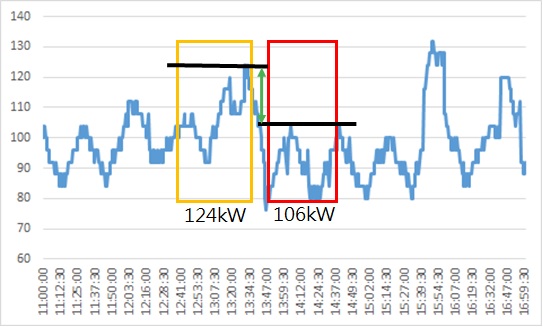Value-Added Smart Environmental-Friendly Real-Time Meat Freshness In dicator for Meat Products- Value-Added Technology of Agricultural Waste


This study is the first globally to extract phenolic compounds from fruit pe
el waste (passion fruit, lemon, grapefruit, dragon fruit) and chitosan deriv
ed from shrimp and crab shells to develop an environmentally friendly int
elligent meat real-time freshness indicator. It also incorporates artificial in
telligence technology to identify the micro-level changes in meat pH insta
ntly. The artificial intelligence Autoencoder technique, which can learn no
nlinear transformations, presents clustering phenomena based on differe
nt pH color data, with a pH value identification resolution reaching the de
cimal place accuracy. Therefore, the high-value intelligent, environmentall
y friendly meat real-time freshness indicator, combined with artificial intell
igence technology, has advantages over traditional analysis techniques, in
cluding real-time, accurate, convenient, low-cost, and high-resolution feat
ures. It complements the high-value utilization of agricultural and fishery
waste, contributing to the goal of a circular economy.
Additionally, it enables real-time monitoring of the quality and deteriorati
on of fresh meat based on color changes. Therefore, this study is the first
globally to extract phenolic compounds from agricultural fruit residue wa
ste (lemon, passion fruit, dragon fruit, grapefruit, with a production volum
e of nearly 140,000 metric tons per year) and chitosan derived from shrim
p and crab shells to develop an intelligent real-time freshness indicator fo
r meat. This innovation can add value to 1.4 million metric tons per year of
global fruit residue waste. By reducing meat loss of 218 billion US dollars
annually through real-time freshness monitoring, it can also reduce green
house gas emissions by approximately 1.629 billion metric tons per year fr
om livestock production and improve food safety. Furthermore, it accelera
tes the high-value utilization of agricultural and fishery waste, aligning to
achieve a sustainable environment with net-zero
National Chung Hsing University (NCHU), established in 1919, is located in Taichung, Taiwan. It is a comprehensive university offering a wide range of programs in agriculture, engineering, science, humanities, and social sciences. NCHU is known for its strong emphasis on research, innovation, and sustainability. With a focus on international collaboration and community engagement, the university strives to cultivate leaders with global perspectives. NCHU aims to contribute to society through high-quality education, advanced research, and fostering a diverse academic environment.

Zero Emissions: Low-cost Alkaline Seawater Electrolysis for Hydrogen Pro duction: The Device and Technology

1.Heat pump combined with desiccant for dehumidification & 2.Smart defrost control method & 3.Design of AIoT EMCS communication system & 4.System and Method for a Non-Intrusive Refrigerant Leakage Detection and Adaptive Method for Threshold Thereof
Smart Inspection Equipment with Real-time Feedback for Solar Panel Production Lines

The Blue Ocean Strategy of Biomass Energy: Marine-Degradable Plastics Production Technology
Technology maturity:Experiment stage
Exhibiting purpose:Display of scientific results
Trading preferences:Negotiate by self
Coming soon!